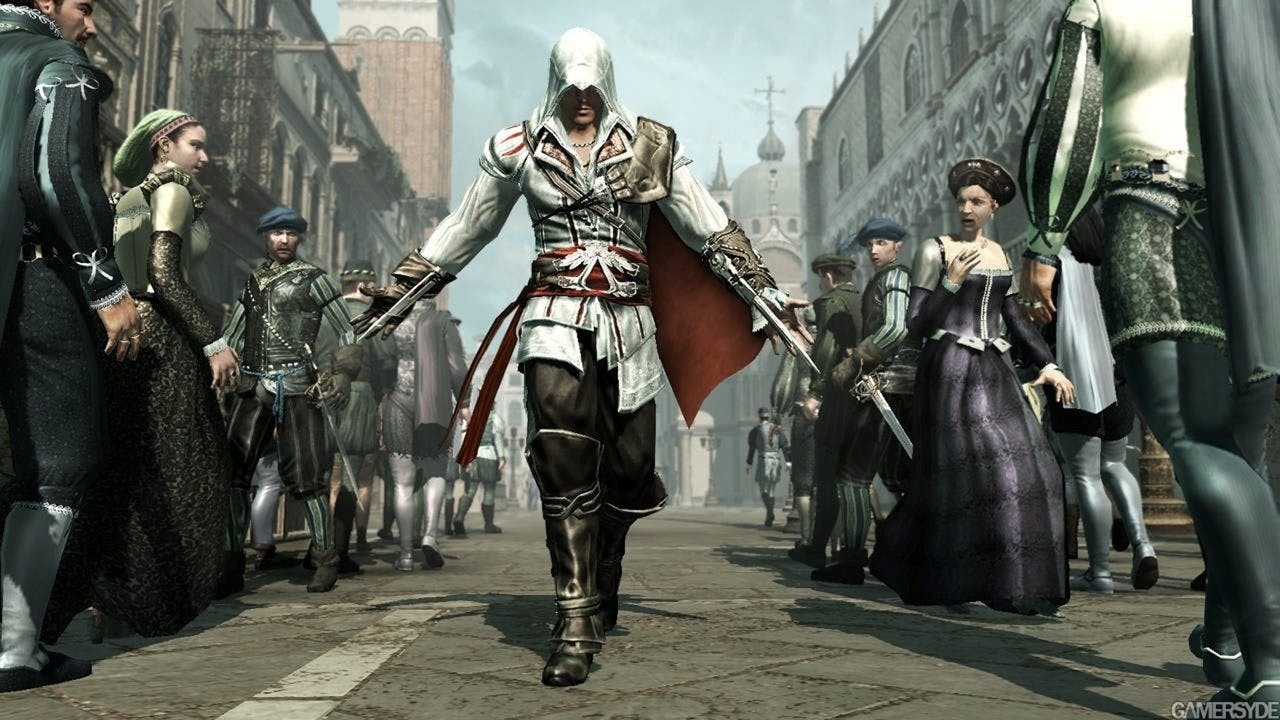We’ve all been there—standing atop a city spire, watching the crowds below, feeling like the master of history’s secret corridors. If you’re like us, you probably think about those first moments with Assassin’s Creed not in terms of vast landscapes, but in the hush before a kill, the feel of a covert chase, the thrill of piecing together a centuries-old plot. Somewhere along the way, the discussion shifted, and some may have forgotten that Assassin’s Creed was never about the open worlds. People started equating the series with wide-open spaces and endless icons. But was that ever the true heart of Assassin’s Creed?

- The series blends stealth, parkour, and epic storytelling with real historical events and figures.
Assassin’s Creed Was Never About the Open Worlds
That got us thinking. If someone asked, “What makes Assassin’s Creed so special?” would your first answer be, “The world’s size”? Or would you jump to something more personal—the leap of faith, a perfectly executed stealth kill, or unraveling a story thick with historical conspiracies? Let’s walk through the winding rooftops and cobbled streets of the series’ past and present to see where its roots truly lie.
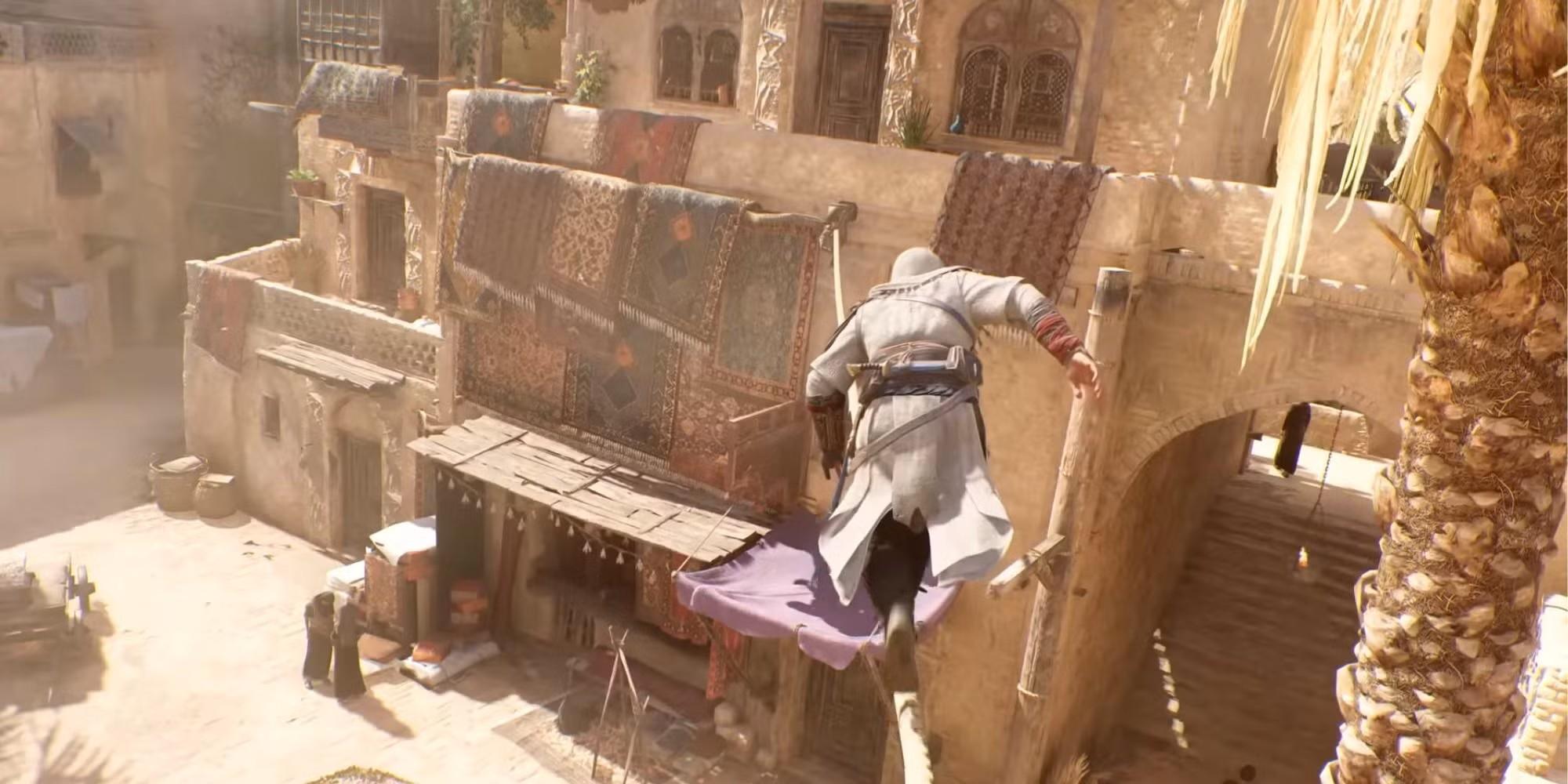
- Players follow Basim Ibn Ishaq’s transformation from street thief to Master Assassin, emphasizing parkour, social stealth, and classic assassination missions.
1. Introduction: Rethinking Assassin’s Creed’s Identity
Looking back, it’s easy to assume Assassin’s Creed stood on open-world foundations from the start. Yet, when the first game stormed onto the scene in 2007, it didn’t win us over with sheer landmass. Instead, it captivated players with that intoxicating mix of sneaking, scaling, and silent storytelling. Character still meant more than cartography. So, where did the shift to “bigger is better” begin, and has it lost a little of its soul along the way?
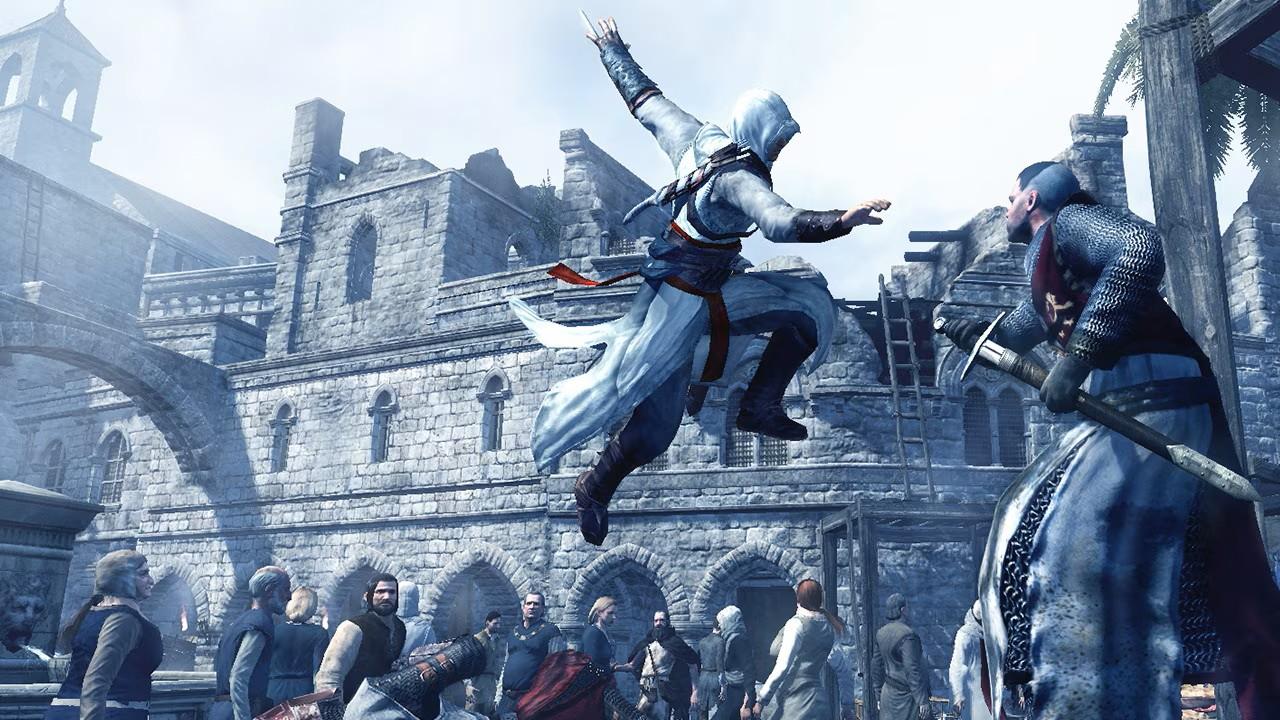
- Assassin’s Creed blends historical fiction with sci-fi, unveiling the Animus, a device that lets users relive ancestral memories.
2. The Origins: What Defined Early Assassin’s Creed?
In those earliest chapters—Assassin’s Creed, Assassin’s Creed II, Brotherhood—we found magic, not in endless forests, but in beautifully crafted neighborhoods and city blocks. The playground felt designed for us. With parkour, we learned to dance across rooftops with fluid ease. Each assassination wasn’t just a task on a checklist but the climax of a focused, orchestrated mission. It almost felt like a stage play, with tightly wound stories, dramatic set-pieces, and a real sense of purpose tying every action together. Indeed, it’s clear that Assassin’s Creed was never about the open worlds, but about these intimate, carefully constructed experiences.
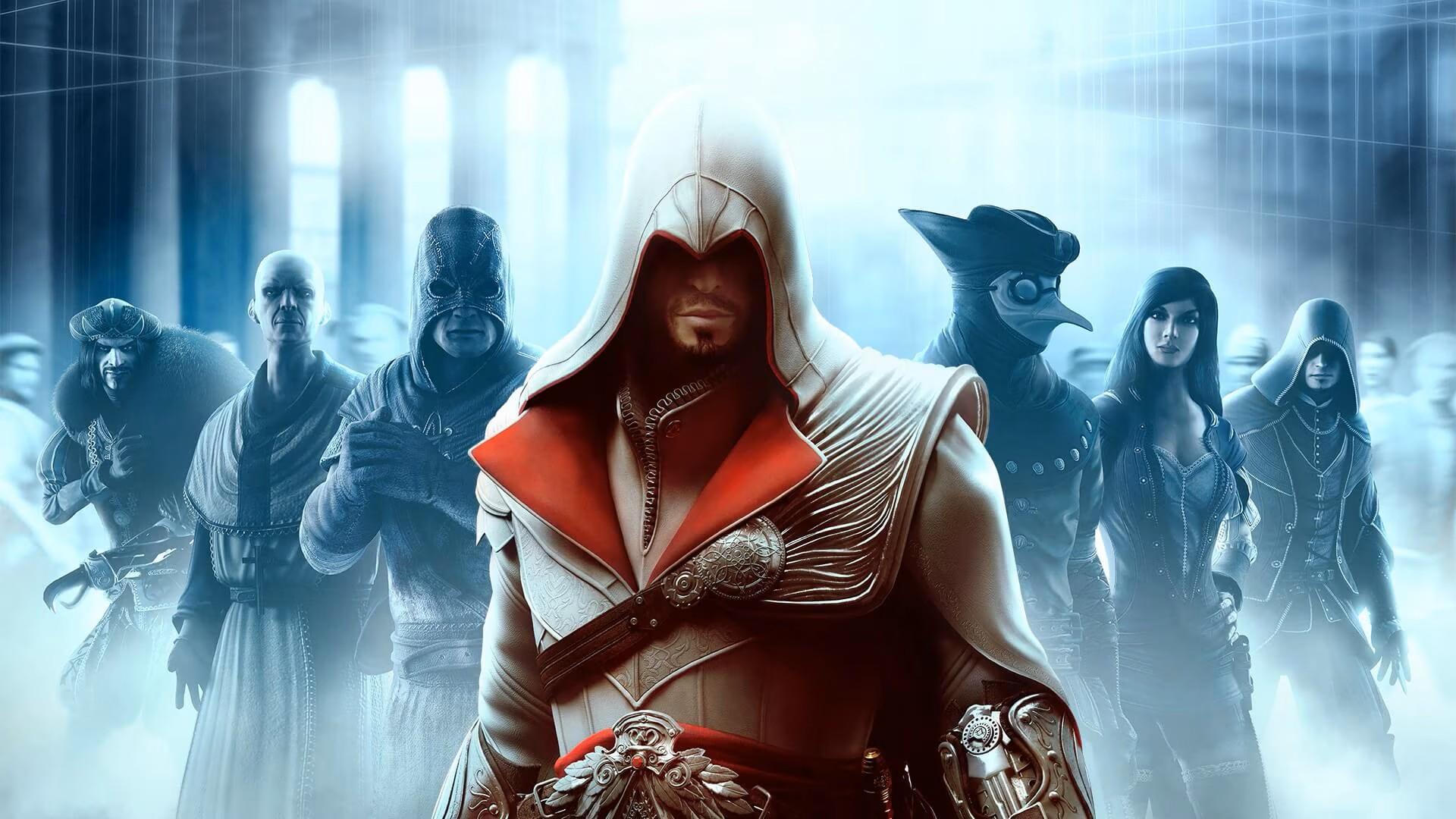
- The game adds new mechanics like recruiting and commanding assassins, while expanding the open-world experience in a richly detailed Renaissance setting.
We still remember outsmarting guards in Venice and holding our breath while melting into a crowd. Did we truly care about traveling from one end of the map to the other? Not so much. It was the intimacy—the pressure and drama—that made those early games unforgettable.
3. The Evolution: From Directed Sandboxes to Expansive Worlds
Over the years, as the gaming landscape shifted, so did Assassin’s Creed. The leap from city sandboxes to continent-spanning epics wasn’t abrupt, but by the time we reached Origins and later, Odyssey and Valhalla, the series had embraced gigantic maps overflowing with tasks, loot, and RPG elements. Ubisoft saw the appeal (and yes, the market demand) for open worlds resembling The Witcher 3 or Red Dead Redemption 2. Suddenly, our objectives included raiding, crafting, and settlement management.
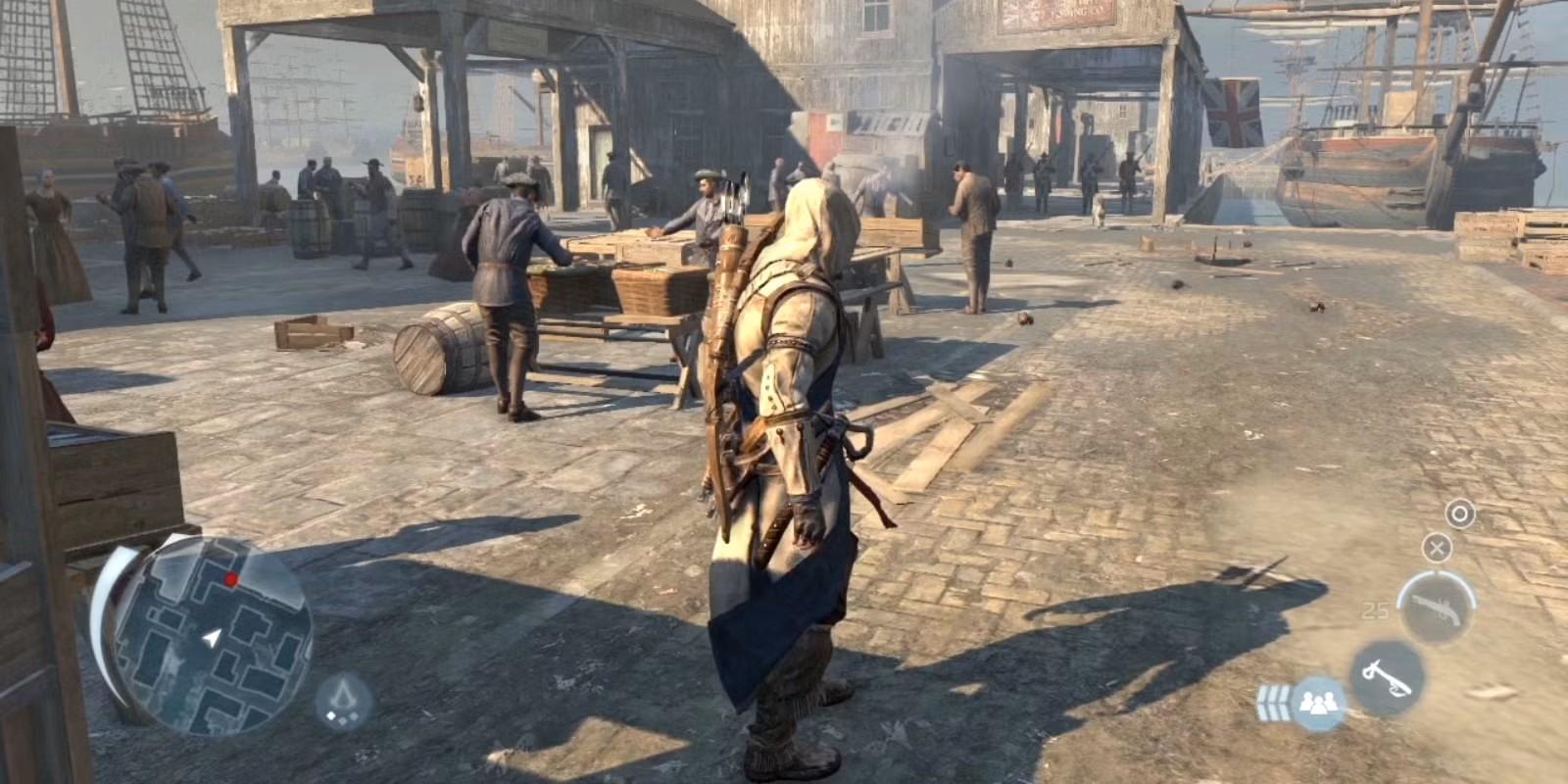
- The game introduces naval battles, frontier exploration, and a fresh setting that shifts the series to 18th-century colonial America.
Developers spoke about wanting players to “live” within these historical worlds—yet sometimes, it felt like the more there was to do, the less each moment mattered. We found ourselves both dazzled and a bit lost, missing the tension and focus that made earlier assassinations feel so impactful.
4. What Makes Assassin’s Creed… Assassin’s Creed?
Throughout this journey, fans kept returning for the series’ core: stealth, story, parkour, and the thrill of historical immersion. These core pillars never focused on the map’s size, but rather on how alive and dangerous the world felt when you were just another face in the crowd, hiding in plain sight or perched above the chaos below. It’s evident that Assassin’s Creed was never about the open worlds, but about these more focused and intense elements.
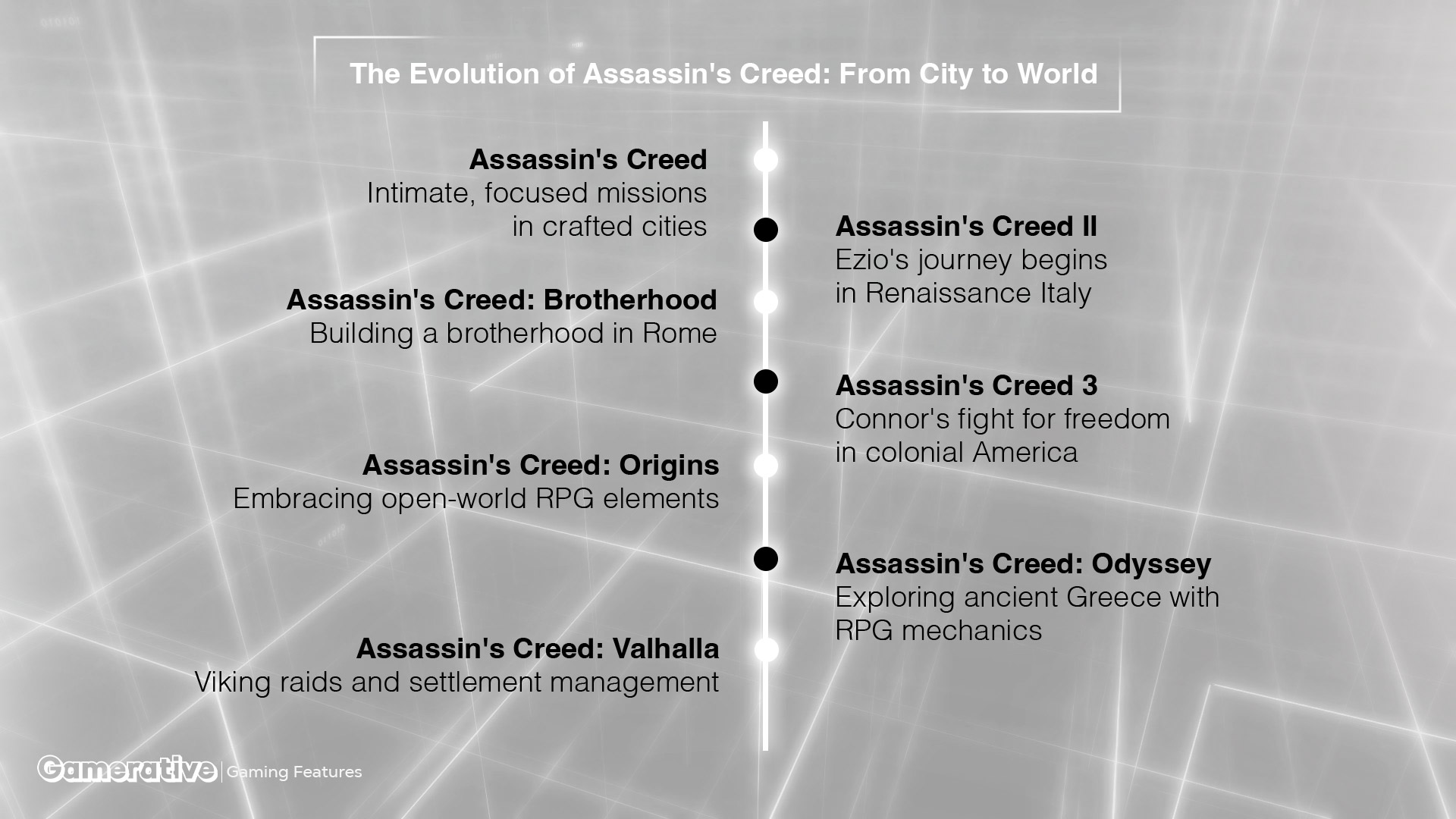
- The game redefines the series with RPG elements, a vast open world, and deep combat and leveling systems.
Iconic memories aren’t about crossing the biggest map; they’re about watching a target through a veil, sneaking past guards, and deciding exactly how your knife meets its mark. That’s a kind of agency and tension you can’t always reproduce with bigger spaces, and players feel the difference.
5. The Open World Debate: Pros and Cons for the Series
Like most long-running franchises, Assassin’s Creed gained and lost things in its open-world pivot.
What we gained: Freedom, agency, and mountains of content—exploration, collectibles, and RPG-style progression. For some, building and customizing a Viking settlement (Valhalla) or taking to the seas (Black Flag) was the highlight.
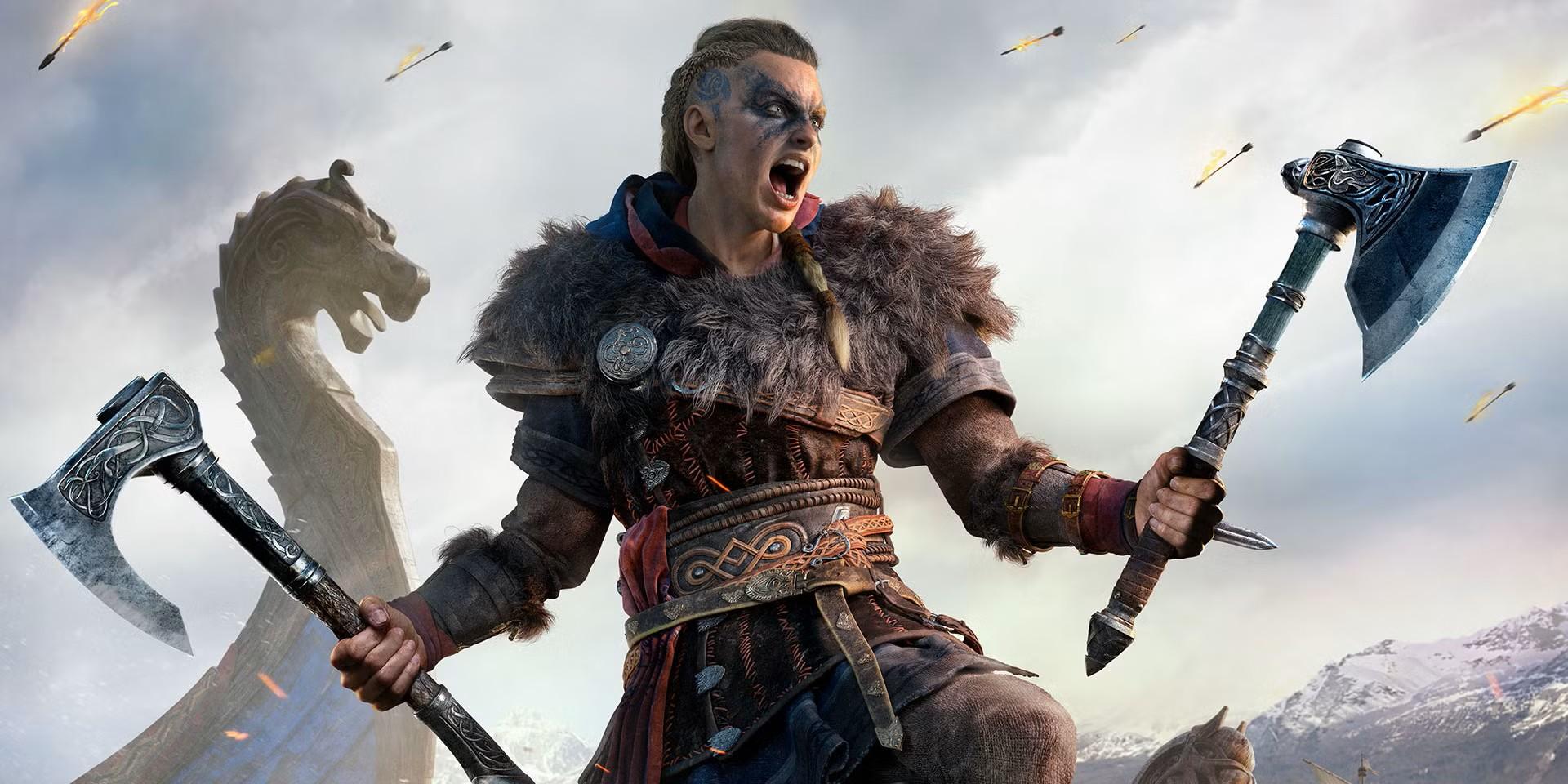
- The game blends brutal combat, settlement building, and Norse mythology in a sprawling open-world adventure.
What we lost: Carefully crafted stories; missions designed for precision and experimentation; the pressure that made stealth succeed or fail, not just one of many options. Sometimes the narrative got buried under the sheer volume of side quests or resource gathering—the “why” got drowned out by the “what”.
As we tried to clear another map cluttered with icons, we sometimes missed the days when one well-placed kill carried the weight of the world.
6. Community Perspectives: What Do Players Really Want?
Journeying through forums, reviews, and even casual conversations, you hear a chorus of opinions. Many long for those early, focused experiences—the ones that prioritized stealth, tall tales, and meaningful choice. Others love the freedom and immersion of a world that feels bottomless. This debate highlights that Assassin’s Creed was never about the open worlds for all players, but rather a point of contention in community.

- The game introduces refined parkour, dense crowds, and cooperative multiplayer missions in a stunning recreation of 18th-century Paris.
In practice, we see passionate debates on whether new entries stay true to Assassin’s Creed’s soul or whether they’ve traded it for trend-chasing spectacle. There’s no single answer, but nostalgia for the “roots” regularly bubbles up, especially when a new release is announced.
7. Comparing Assassin’s Creed to Other Open-World Franchises
When we look at other heavyweights in the open-world genre—think The Witcher 3, Red Dead Redemption 2, or Ghost of Tsushima—it’s clear each game has its own language. Where The Witcher 3 uses its world to immerse players in branching narratives and Ghost of Tsushima balances exploration with crisp swordplay, Assassin’s Creed sometimes risks feeling overstuffed, its stealth and story diluted among collect-a-thons.
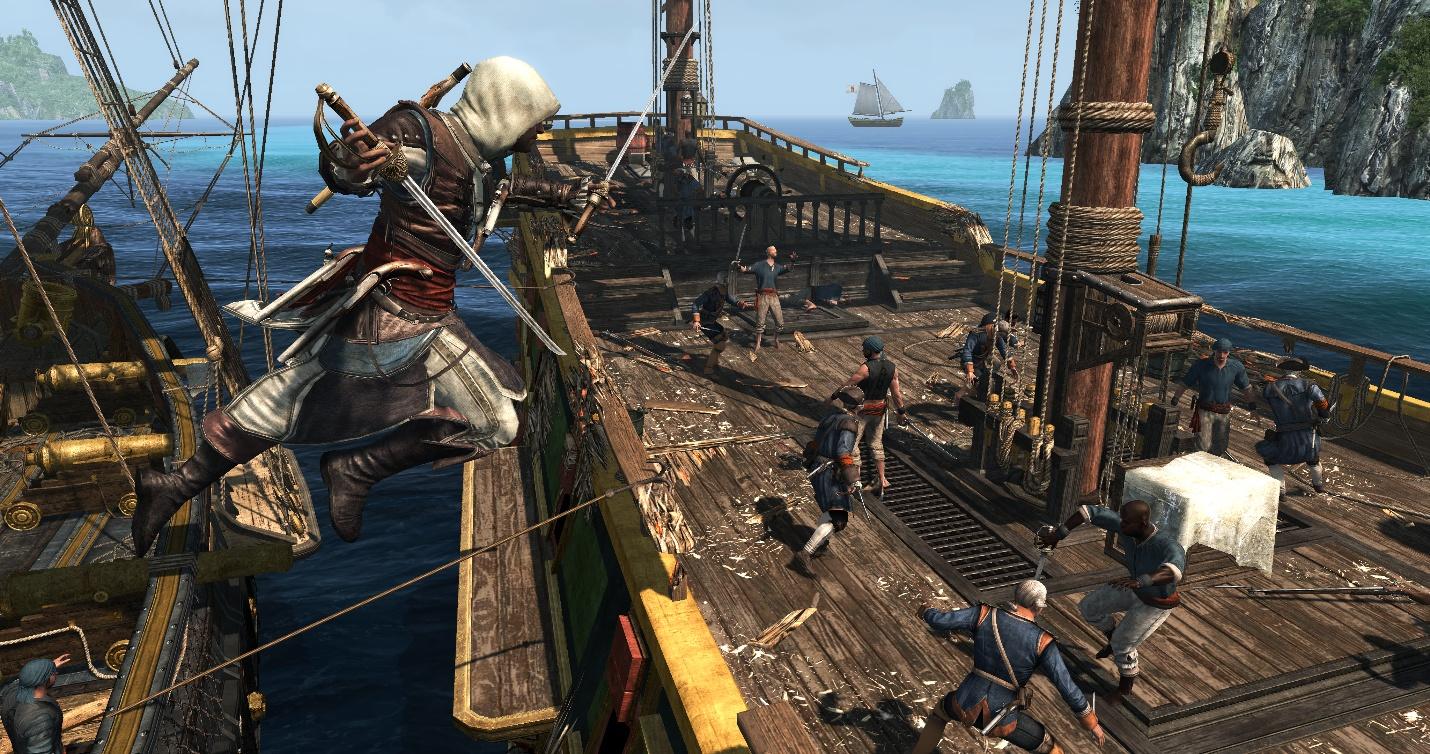
- The game features epic naval combat, open-sea exploration, and a rich pirate lifestyle woven into the Assassin’s Creed narrative.
Does Assassin’s Creed use the open world in unique ways? At times, yes (naval exploration in Black Flag felt revolutionary), but too often, it can feel like a checklist chasing last year’s trends rather than forging its own path.
8. The Future of Assassin’s Creed: What Should Come Next?
Standing at a crossroads, the series seems open to almost anything. Should it double down on the open world, or return to the focused tension that made it famous? With rumors swirling about future entries that blend both approaches—or even episodic, smaller-scale experiences—there’s real excitement about what comes next.

- The game combines dynamic seasonal environments, refined combat mechanics, and a rich historical setting.
Speaking personally, we’d love a world where both exist: massive playgrounds and sharp, purposeful narratives. After all, if Assassin’s Creed has taught us anything, it’s to question the surface and seek the hidden blade beneath.
9. Closing Up: What Has Assassin’s Creed Really Been About?
When we retrace our steps through the series, it’s clear: Assassin’s Creed was never about the open worlds. Sure, these worlds have given us room to dream, but the heart of the experience is elsewhere, within carefully crafted stories, stealthy tension, and rich historical detail. The challenge for the series, as for any of us, is remembering not just how far it can go, but why it started the journey in the first place. Now we’re curious—what do you think the soul of Assassin’s Creed really is? Share your favorite moments or wildest theories in the comments; let’s keep the conversation sneaking forward. So, maybe Assassin’s Creed was never really about the open worlds. Maybe it’s always belonged to the shadows, the rooftops, and the stories waiting to be uncovered—one hidden blade at a time.
Read Gamerative’s inside gaming features where you can find opinions and analysis right out of the video game’s world.
FAQ
1. Which Assassin’s Creed game has the smallest map but the best story pacing?
Assassin’s Creed Brotherhood is often praised for its compact map centered on Rome, which allows for tightly woven story missions and minimal downtime.
2. Are there future Assassin’s Creed games rumored to return to linear or smaller-scale designs?
Yes, recent announcements and leaks hint at standalone entries like Assassin’s Creed Mirage taking a step back from huge open worlds in favor of focused, more narrative-driven gameplay.
3. Can you finish an Assassin’s Creed game without exploring the open world?
While most recent titles encourage exploration, you can stick mainly to the main story missions. However, progression might be slower, as side quests often provide key upgrades or context.
4. Do the RPG elements in the newer Assassin’s Creed games make stealth less important?
In some recent titles, RPG mechanics have shifted the focus toward direct combat and customization, making stealth more of an option than a necessity—something that’s sparked debate among series veterans.

